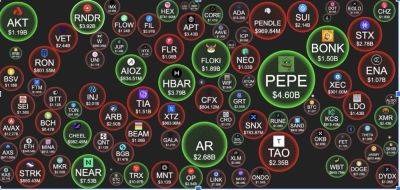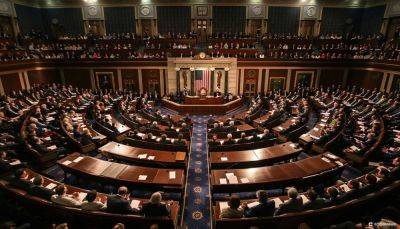New US Senate Bill Could Encourage Banks to Enter Stablecoin Market: S&P Global
According to global ratings firm S&P Global Ratings, a new bill focused on stablecoins introduced to the United States Senate has the potential to incentivize U.S. banks to enter the stablecoin market.
S&P Global Ratings asserted in the report on Wednesday that the regulatory clarity in the United States has the potential to inspire traditional financial institutions to venture into the stablecoin market and could diminish the dominance of Tether’s USDT.
In an April 17 announcement, two U.S. Senators, Cynthia Lummis (R-WY) and Kirsten Gillibrand (D-NY), introduced the Lummis-Gillibrand Payment Stablecoin Act, a bill the lawmakers had been drafting for months and expected to make public in 2024. According to S&P, it could incentivize banks to engage in the stablecoin market.
I'm proud to join @SenLummis to introduce the Payment Stablecoin Act.
Passing a regulatory framework for stablecoins is critical to protecting consumers, promoting responsible innovation, and cracking down on money laundering and illicit finance. https://t.co/UP9pk0uQkt pic.twitter.com/lIqA3rwQXN
— Sen. Kirsten Gillibrand (@gillibrandny) April 17, 2024
However, the proposed bill would not permit Tether, a non-U.S.-based stablecoin, potentially decreasing demand for it. In a research note dated April 23, S&P Global Ratings shared insights on the Payment Stablecoin Act, which was presented to the Senate on April 17.
The rating agency described stablecoins as a potential “key pillar of financial markets” and pointed to BlackRock’s recent launch of the BUIDL fund as evidence of the efficiencies and enhanced settlement security offered by stablecoins in tokenizing assets and digital bonds.
S&P Global Ratings noted that the approval of the stablecoin
Read more on cryptonews.com





















